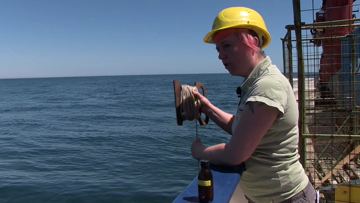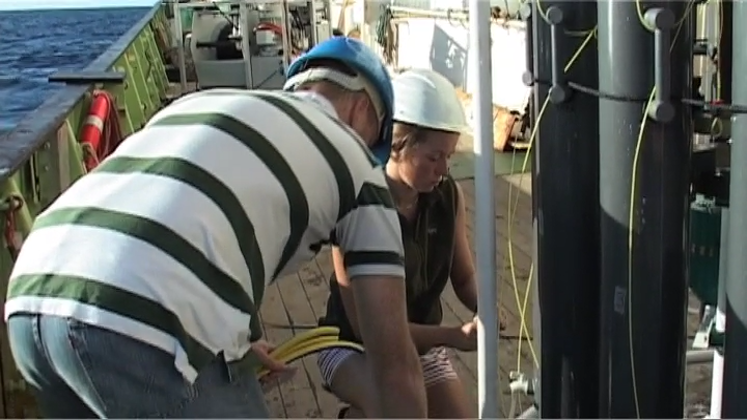Weitere Beiträge des Kanals
How does the Benguela Upwelling System work?
How does the Benguela Upwelling System work?
GenusPodcast in english
Universität Hamburg
1169 Hits | 2 Votes
06.01.2017 10:42 | Länge 00:12:23
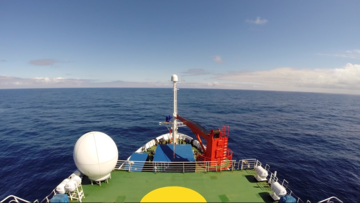
Capacity Building - ISATEC-Student Lindan Mlambo
Capacity Building - ISATEC-Student Lindan Mlambo
GenusPodcast in english
Universität Hamburg
552 Hits | 5 Votes
26.11.2014 11:53 | Länge 00:03:17
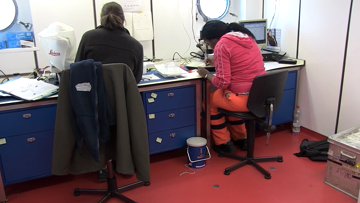
Marine life in oxygen minimum zones
Marine life in oxygen minimum zones
GenusPodcast in english
Universität Hamburg
835 Hits | 2 Votes
17.11.2014 14:50 | Länge 00:06:40
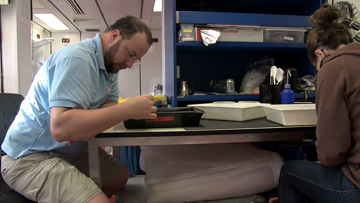
Biogeochemistry and sedimentology in the Benguela upwelling system
Biogeochemistry and sedimentology in the Benguela upwelling system
GenusPodcast in english
Universität Hamburg
542 Hits | 2 Votes
10.11.2014 14:00 | Länge 00:07:15
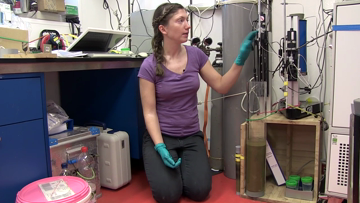
Research into material cycles off the coast of Namibia
Research into material cycles off the coast of Namibia
GenusPodcast in english
Universität Hamburg
678 Hits | 5 Votes
31.10.2014 14:38 | Länge 00:05:02
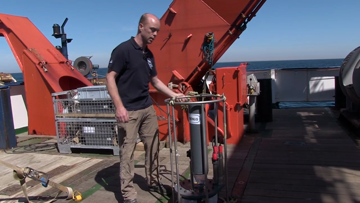
Phytoplankton analysis off the coast of Namibia
Phytoplankton analysis off the coast of Namibia
GenusPodcast in english
Universität Hamburg
968 Hits | 7 Votes
24.10.2014 10:25 | Länge 00:04:59
